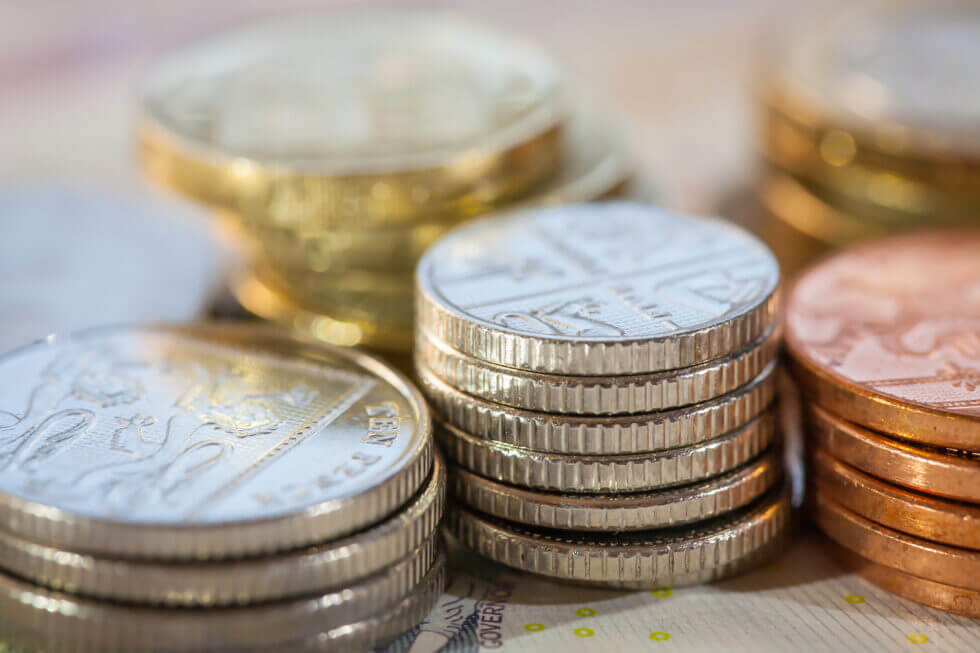And with that, I went off to Wales to study music and literature. When I got there, I deposited the check in my local Barclay’s branch on High Street. The dollar was strong then (close to where it is now), so while my dollars went pretty far, my funds weren’t unlimited by any stretch of the imagination. I had to watch every pound or penny I spent.
For 60p, I bought a small black notebook and stuck it in my pocket. Of course, this was 1984, before the Internet, before cell phones, and certainly before Venmo, PayPal and apps that helped you “save your change.”
What I got was my first big money lesson, and all for only 60p, or less than $1.
I had to do it all by hand. Dutifully, I recorded the beer and “still orange” (a non-alcoholic orangeade of sorts) I drank at the local pub. I’d record the pounds I spent buying bottles of full-fat milk (delivered fresh every morning to the local shop from the local farm – before any of us understood the meaning of the word “organic”) and hot butter muffins from the local bakery. At night, we’d go out after the pub closed to the local Chinese take-out and ordered a very greasy egg roll stuffed with bean sprouts, what I’d refer today as an Anthony Bourdain late-night special.
No expense was too little to escape the tracking, and my little black book soon became worn around the edges as I recorded train tickets to London and Inverness, Scotland, the cost of a boat ride across the Irish Sea, entry tickets to museums and dances, dinners out with friends, and a flight to the continent.
I managed pretty well, though when running a bit short of funds in the late spring, I took a job at a local Welsh pub pouring drinks and making fish and chips. I was paid a little and got some tips (but if I’m being honest, I’d have paid them to let me do it – that’s how much fun it was). Still, it was enough to augment my dwindling savings and allow me to plan for additional travel during the summer months, when I found myself calculating whether it would be cheaper to buy a EuroRail pass (which provided unlimited rail travel for a month) or individual tickets. After a bunch of calculations (by hand) and a lot of phone calls at the corner phone booth, individual tickets won out.
When I look back, I think that this little black book set me off on a different course in life. I learned that I could stretch even a tiny amount of money a long way (a “dime into a dollar”). I learned that I could be self-sufficient and that I was just fine with what today I’d call “deferred gratification.”
My first big money lesson. I still have that little black book somewhere. Once in awhile, I pull it out to look at where I spent my money – every penny of it – during that year abroad. It reminds me that anything is possible, if you put your mind to it.
Ilyce Glink is the Founder and CEO of Best Money Moves. She is also the author of 13 books on personal finance and real estate and the CEO of Think Glink Media, a digital content agency.

